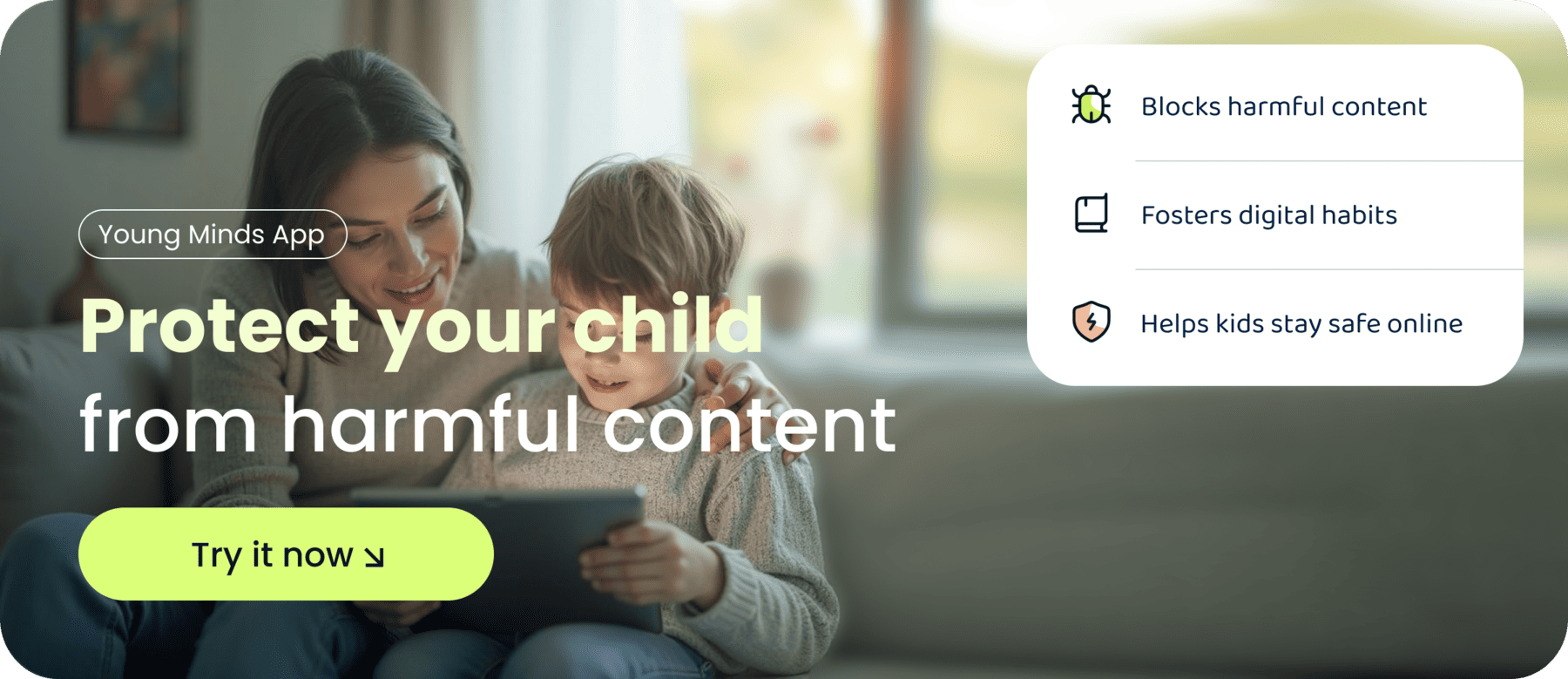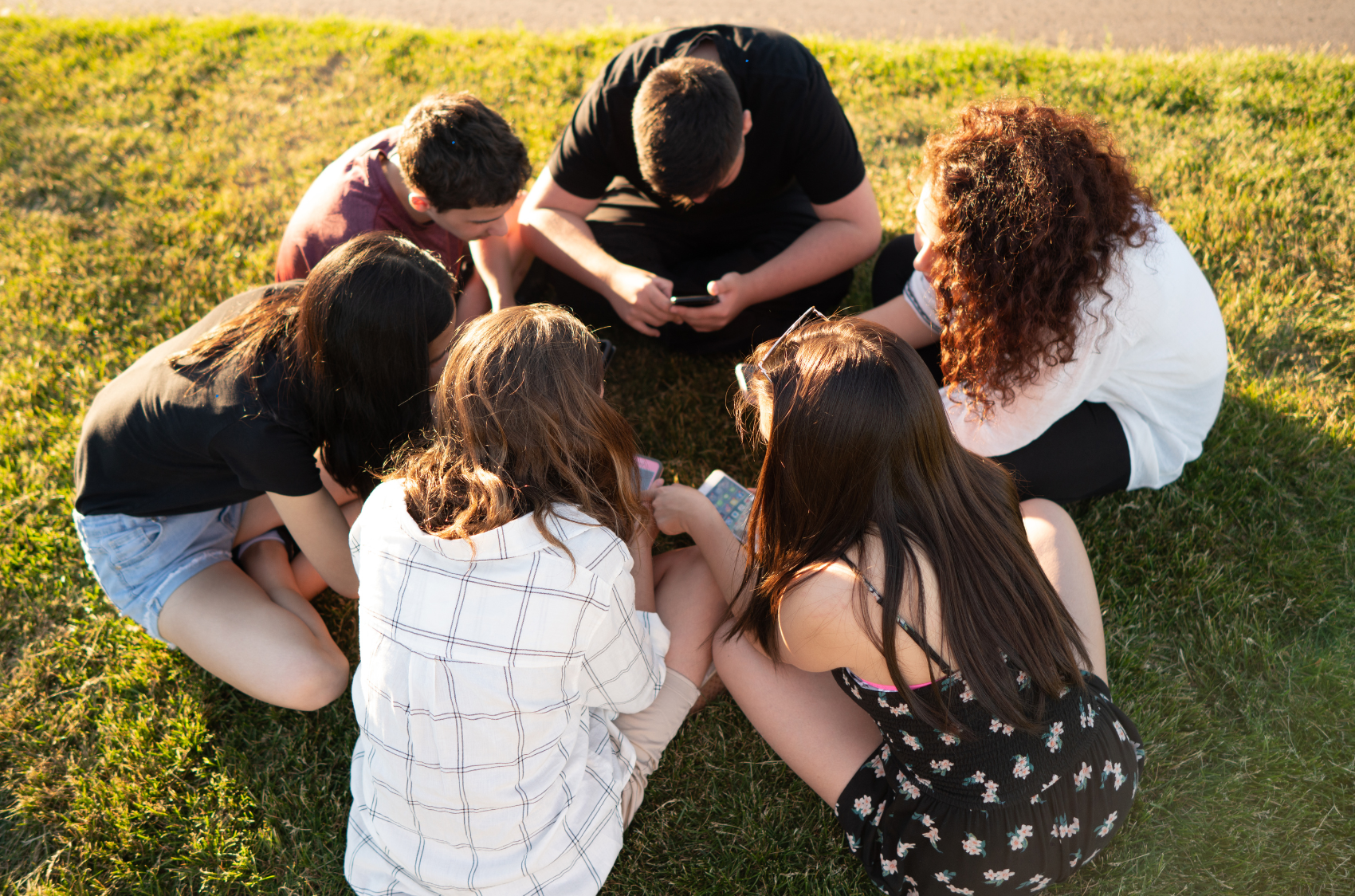Screen-Free Activities for Teens: Helping Them Reconnect, Recharge, and Rediscover Balance
As teens spend more time online, studying, socialising, and relaxing, it’s easy for screens to dominate daily life. But even digital natives benefit from regular offline moments. Encouraging screen-free time helps teens strengthen real-world connections, reduce stress, and build a sense of independence and purpose.
At Young Minds App, we believe digital wellbeing isn’t about restriction, it’s about readiness. Screen-free activities give teenagers space to practise self-regulation, creativity, and confidence away from the constant buzz of notifications.
Why Screen-Free Time Matters for Teenagers
1. Mental Reset & Emotional Wellbeing
Stepping away from screens allows the teenage brain to rest. It lowers anxiety, improves sleep quality, and helps teens manage emotions more effectively. Offline experiences nurture mindfulness and self-awareness, two essential skills for healthy digital habits.
2. Building Real-World Confidence
Whether it’s joining a club, volunteering, or learning a new skill, face-to-face interactions boost communication skills and confidence, qualities that translate into safer, more responsible online behaviour.
3. Encouraging Self-Discipline
Balancing tech time with offline routines teaches personal responsibility. When teens choose to unplug on their own terms, they build autonomy, an important step towards digital independence.

10 Engaging Screen-Free Activities for Teens
Teens today crave stimulation, independence, and connection, and that doesn’t always have to come from screens. These screen-free activities give them meaningful alternatives that build creativity, confidence, and balance.
1. Outdoor Challenges
Encourage teens to swap their feeds for fresh air. Plan weekend hikes, cycling routes, or even a local “photo scavenger hunt” where they capture interesting sights offline. Outdoor activities not only get them moving but also boost dopamine, reduce stress, and strengthen their connection to the real world. Nature remains one of the most effective antidotes to digital overload.
2. Skill-Swap Evenings
Turn learning into a social event. Invite friends or family to share a skill — whether it’s cooking, painting, coding, or simple DIY repair. These sessions promote peer-to-peer learning, spark curiosity, and remind teens that growth doesn’t always come from YouTube tutorials. It’s a fun way to rediscover the power of hands-on experience and human interaction.
3. Community Volunteering
Giving back can be transformative for teenagers. Volunteering at local charities, youth centres, or animal shelters helps them build empathy, responsibility, and a sense of purpose. Teens who volunteer often develop stronger emotional intelligence and social awareness — qualities that extend far beyond screen life.
4. Creative Journaling or Short-Form Writing
Encourage teens to journal or write short reflections at the end of the day. Whether it’s poetry, storytelling, or gratitude lists, journaling provides a private space to process emotions and build self-awareness. Writing by hand activates different parts of the brain than typing and helps with emotional regulation and memory retention.
5. Music Jam Sessions
Music is a universal language, and a brilliant emotional outlet. Encourage your teen to learn an instrument, start a small jam group, or curate themed playlists together. It’s not just about creativity; music strengthens focus, coordination, and confidence while providing a positive emotional release that screens can’t replicate.
6. Cooking Competitions at Home
Make the kitchen your new connection space. Teens can plan a meal, shop for ingredients, and cook within a set budget. Add a friendly competitive twist — parents vs. teens, or “mystery ingredient” challenges. Cooking fosters independence, problem-solving, and healthy eating habits, turning everyday life skills into family bonding moments.
7. Mindfulness & Movement
Balance begins with awareness. Encourage yoga, breathing exercises, or evening walks without headphones. You can even introduce a nightly “quiet hour” where the whole family powers down devices and reconnects with stillness. These moments build resilience, focus, and better sleep patterns, helping teens manage the mental noise of modern life.
8. Sports & Fitness Clubs
Joining local sports teams or dance classes provides a powerful sense of community and discipline. Whether it’s football, martial arts, or swimming, regular physical activity boosts self-esteem, teamwork, and mental wellbeing. Group exercise also teaches commitment and perseverance — traits essential both online and offline.
9. Hands-On Projects
Encourage creativity that leads to tangible results. Teens can try woodworking, gardening, model building, or upcycling clothes. These projects foster patience and concentration while giving them the satisfaction of seeing something through from start to finish — a contrast to the instant gratification of digital rewards.
10. Family Debate Nights or Book Swaps
Turn dinner conversations into opportunities for growth. Choose a topic or book, set respectful ground rules, and let everyone share their opinions. Debate nights encourage critical thinking, active listening, and confidence, vital skills in an age of online noise. You’ll be surprised how engaged teens become when given a platform to express themselves openly.
How Parents Can Encourage Healthy Balance
- Model Digital Discipline – Teens mirror your habits. Set visible examples by having screen-free meals or bedtime routines.
- Co-Create Boundaries – Let teens take part in setting their own limits; ownership fosters compliance.
- Celebrate Offline Wins – Reward time spent on hobbies, creativity, or volunteering as much as academic or online success.
- Use Tools Wisely – Apps like Young Minds App help track progress and build understanding, not just control, around screen habits.
Final Thoughts: Growing Confident, Not Controlled
Screen-free activities aren’t about punishment; they’re about growth. They give teens space to connect with themselves and others in meaningful ways. As they learn to switch off more mindfully, they build the foundation for digital confidence, emotional balance, and independence, skills that last well beyond adolescence.
At Young Minds App, we champion preparation over prohibition, helping families guide teenagers toward digital maturity through balance, trust, and shared understanding.
Parents Also Ask:
Why is screen-free time important for teenagers?
Screen-free time helps teens reset mentally and emotionally. It reduces overstimulation, improves focus, and encourages them to engage with real-world experiences that build resilience and confidence. Offline time isn’t about restriction, it’s about helping teens develop the self-discipline and awareness to manage technology in healthy ways.
What are some easy ways to encourage my teen to unplug?
Start small. Try introducing “tech-free zones” like mealtimes or bedrooms, or family-wide challenges such as Screen-Free Sundays. Let your teen take part in setting these rules, ownership builds cooperation. Apps like Young Minds App can help families track habits and have positive conversations about balance, not control.
How can I make screen-free activities appealing to older teens?
Older teens value independence and purpose. Choose activities that connect to their interests, such as fitness goals, social volunteering, or creative skill-building. Allow them to plan or lead the activity; giving them control turns screen-free time into a choice, not a chore.





